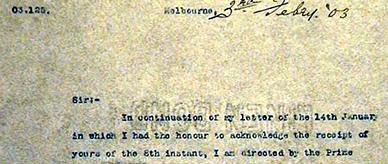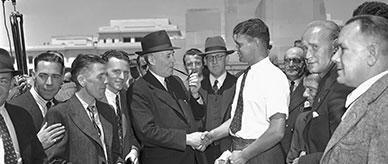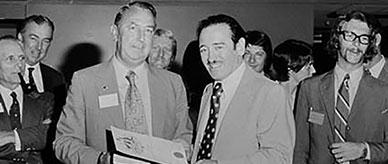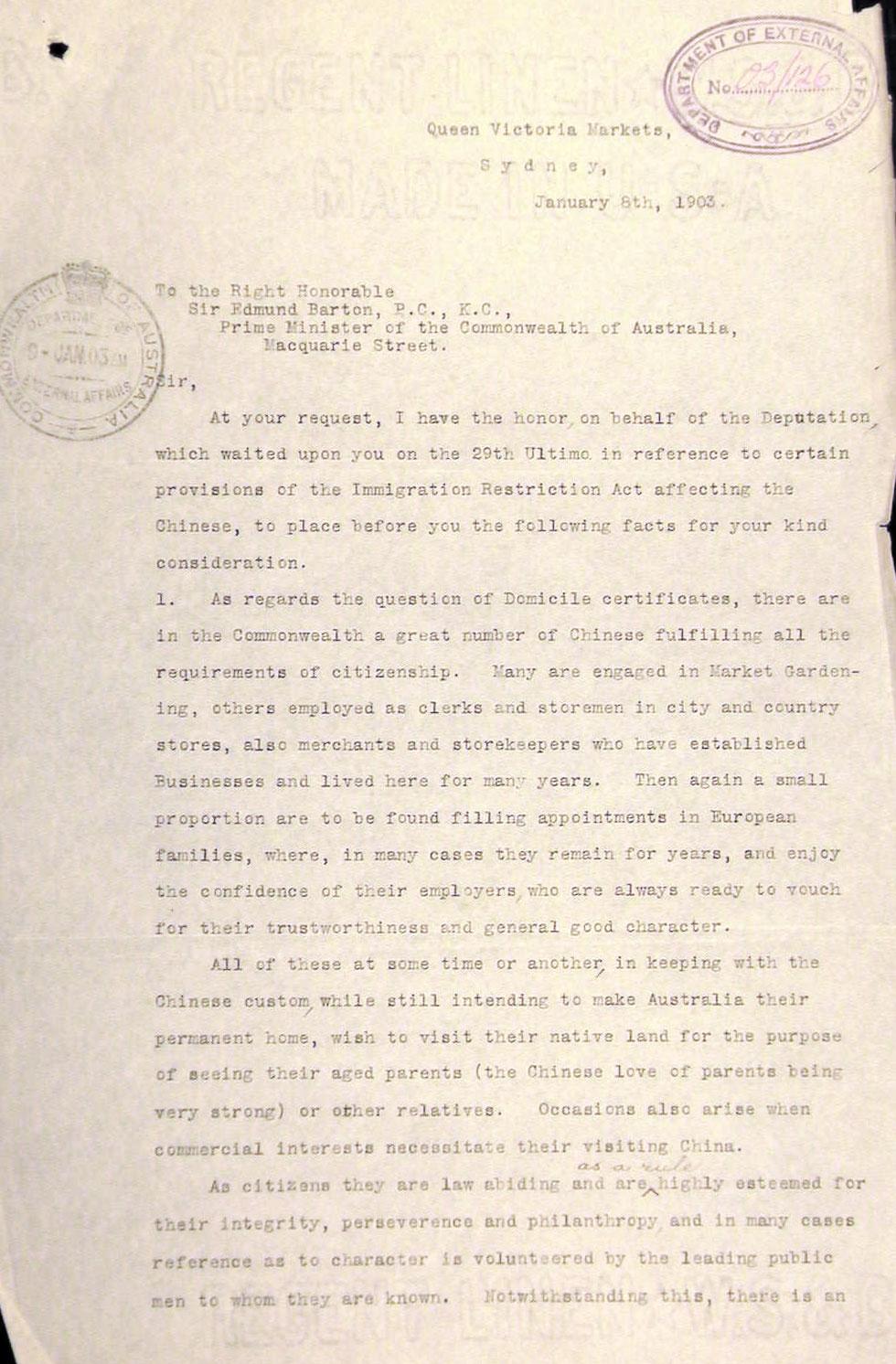
Copy of letter to Prime Minister Edmund Barton regarding provisions of the Immigration Restriction Act - page 1.
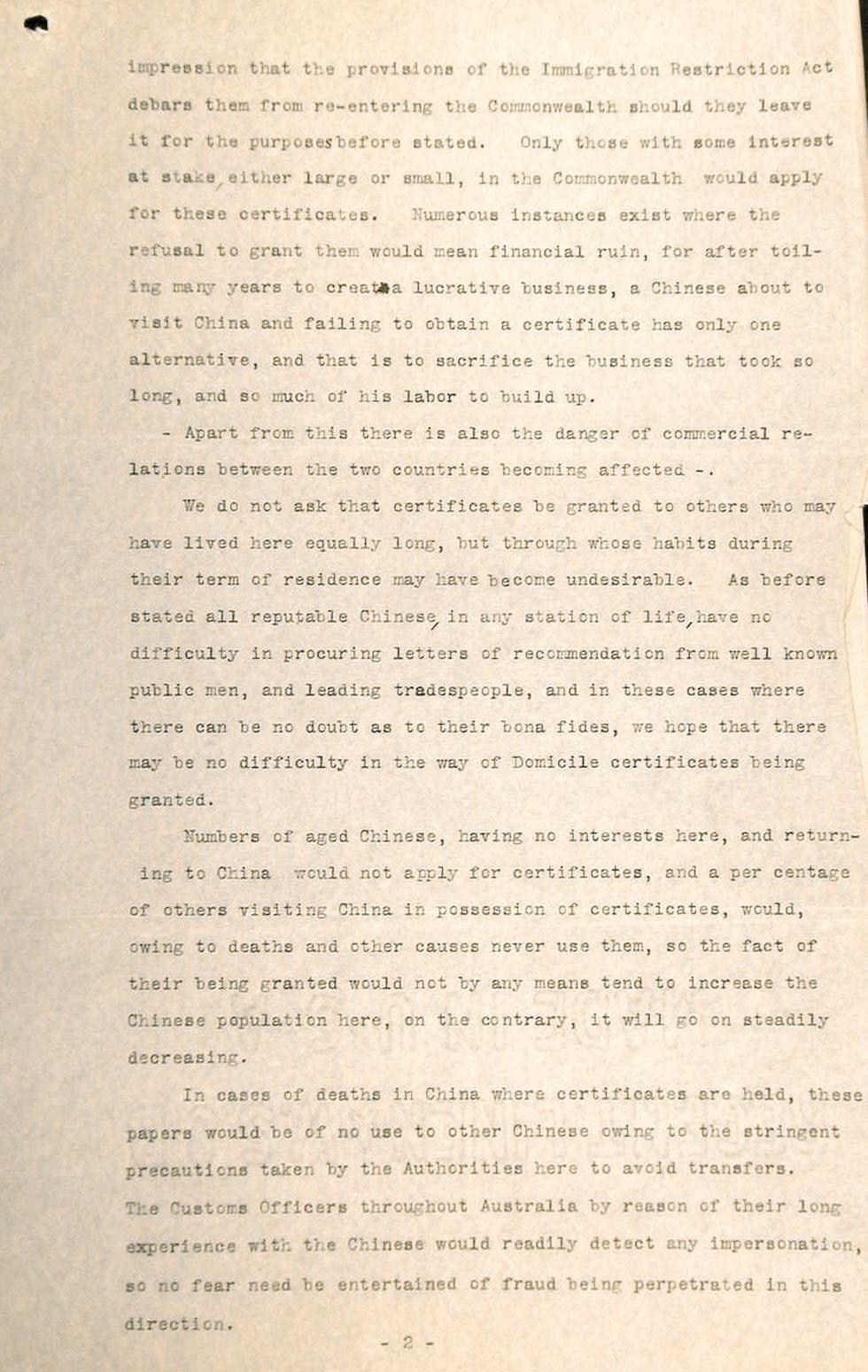
Copy of letter to Prime Minister Edmund Barton regarding provisions of the Immigration Restriction Act - page 2.
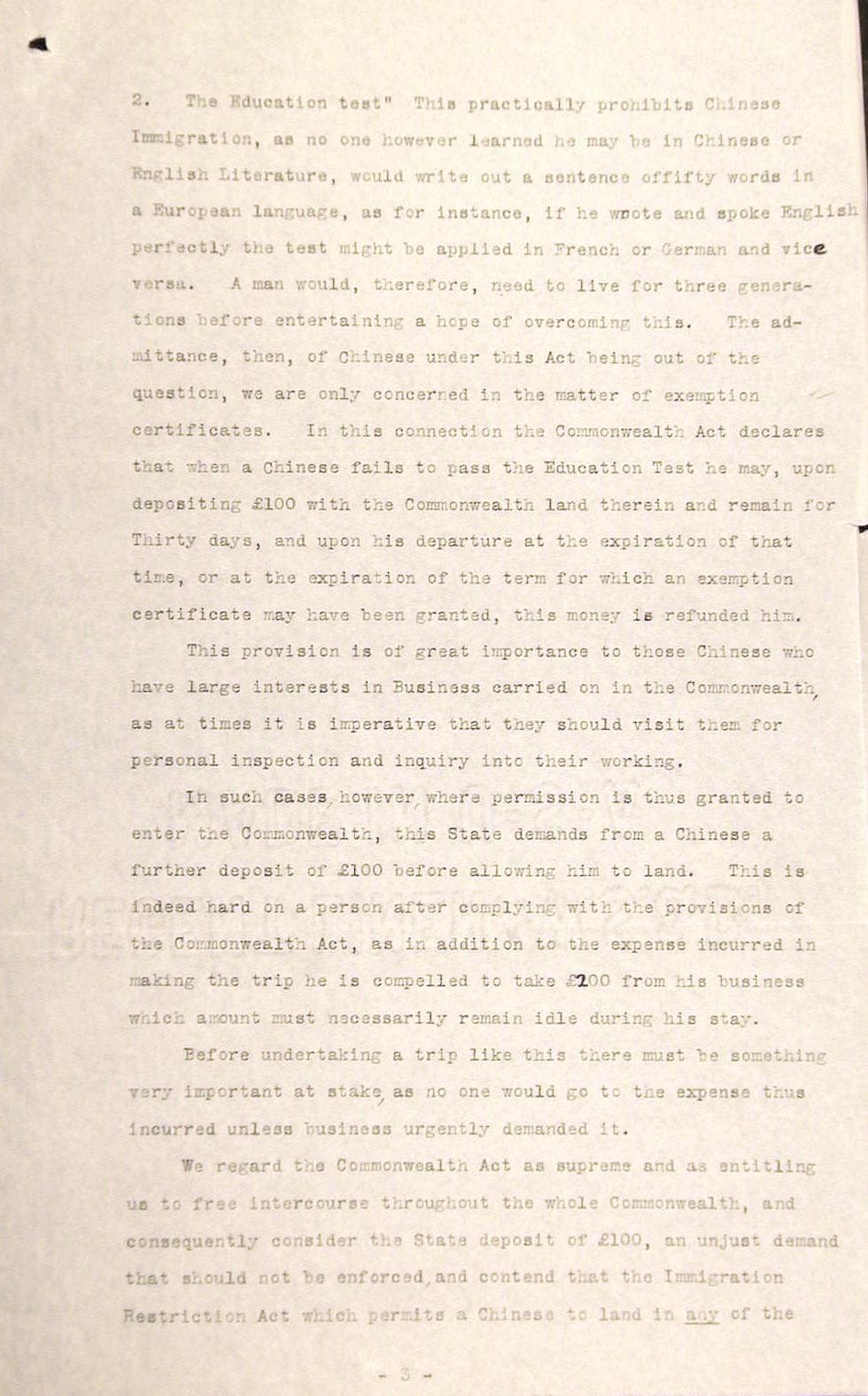
Copy of letter to Prime Minister Edmund Barton regarding provisions of the Immigration Restriction Act - page 3.
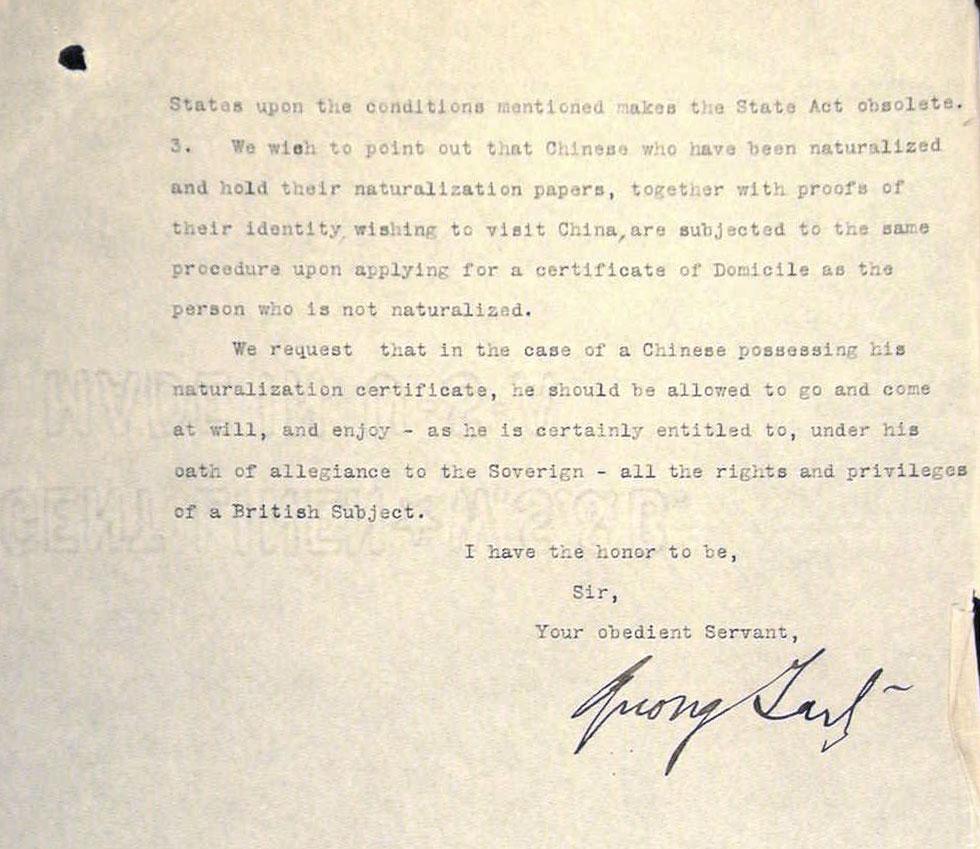
Copy of letter to Prime Minister Edmund Barton regarding provisions of the Immigration Restriction Act - page 4.


